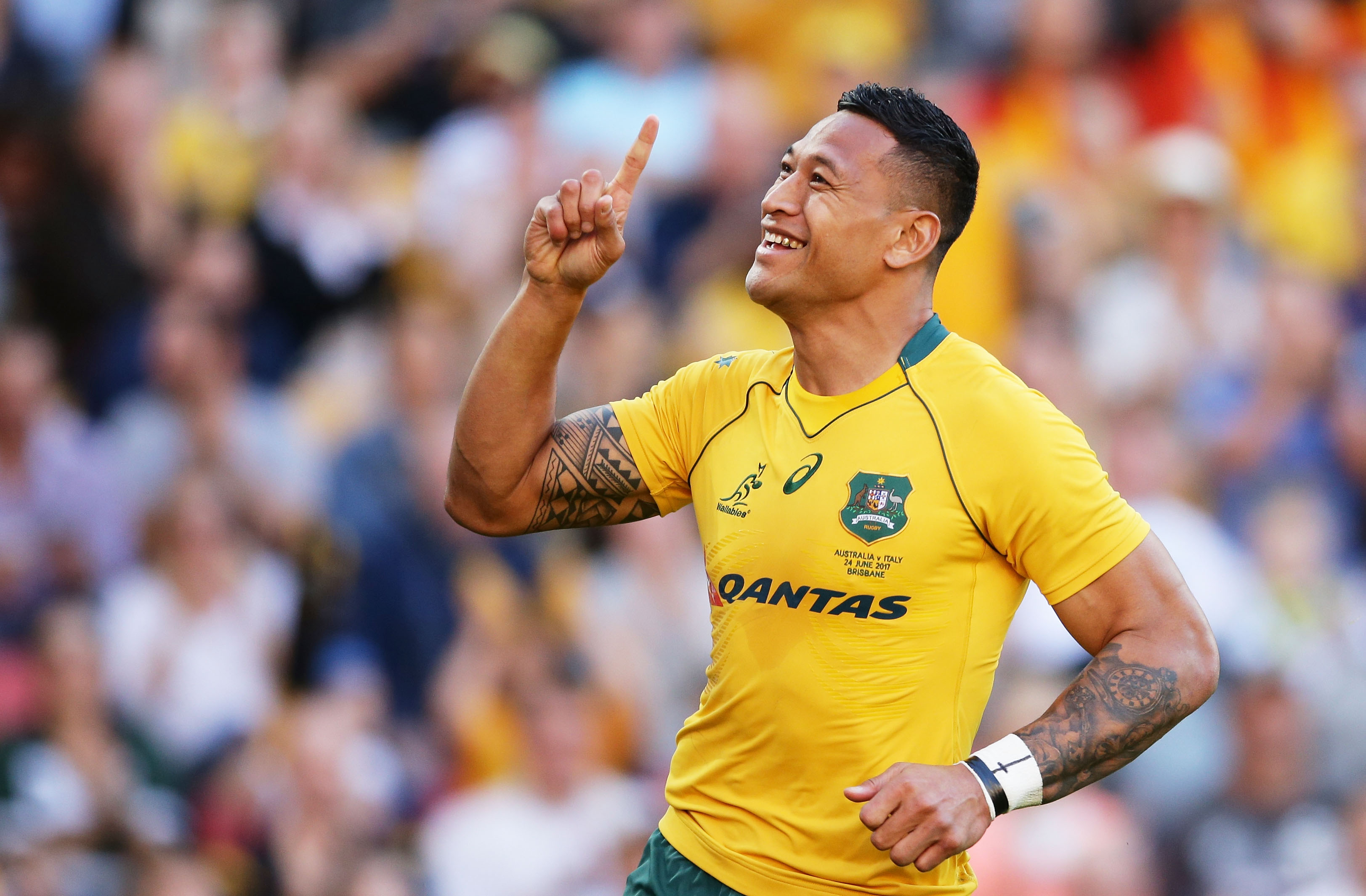World Rugby has relaxed its eligibility rules to allow national team players to switch countries as of January, the governing body announced in what it described as a “landmark” change.
Players can change allegiances if they were born in the country they want to represent or have a parent or grandparent born there.
They can switch only once and there’s a stand down period of three years from international rugby.
Watch Barbarians vs Samoa on Stan Sport. Start your seven day free trial here!
The “birthright amendment” was approved by the World Rugby council and stands to benefit Pacific island countries in particular.
International players such as Australia’s Israel Folau and England’s Billy and Mako Vunipola could represent Tonga, as could New Zealand’s Charles Piutau, who won the last of his 17 caps in 2015, making him eligible to switch country allegiance next year.
World Rugby said the amendment “follows requests by emerging nations” and consultation with member unions and players about changing the existing rule that permanently locked a player to a country once they had played Test rugby except for specific circumstances related to the Olympics.
READ MORE: Wallabies lose heartbreaking Test against Wales
READ MORE: England get World Cup revenge against Springboks
READ MORE: Aussie ref at the centre of international firestorm
“Approval of this landmark regulatory change is the culmination of detailed and widespread modeling and consultation across the game,” World Rugby chairman Bill Beaumont said in the announcement.
The change recognises “the modern professional rugby environment without compromising the integrity of the international game,” he added.
“We believe that this is the fairest way to implement progressive change that puts players first while also having the potential to support a growing, increasingly competitive international men’s and women’s game,” Beaumont said.
As of January 1, any player meeting the criteria can make an immediate transfer application, which must be approved by World Rugby’s regulations committee.
The move could prove significant for countries like Tonga, Fiji and Samoa, among others.
“Many players across the world will now benefit from the chance to represent the country of their or their ancestors’ birth, serving as a real boost to the competitiveness of emerging nations, which in turn, will benefit the game as a whole,” Omar Hassanein, chief executive of International Rugby Players union, said in the announcement.



